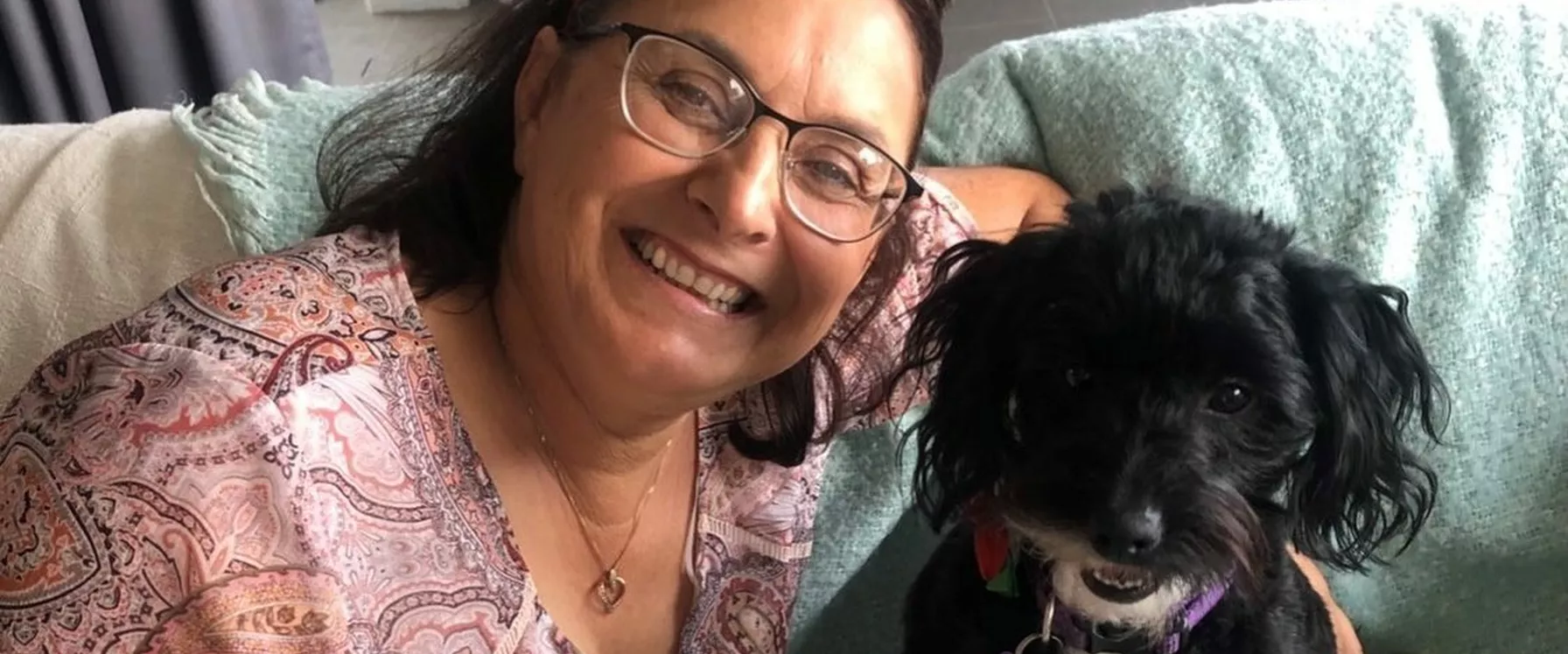Bruna never got sick and rarely took a day off work, so when she experienced indigestion at work, she initially ignored it.
But as the day continued, she started to feel so ill that she decided to leave work early.
“I got in the car for the 10-minute drive home feeling crappy, when my arm started to turn numb. I couldn’t even change gear. I changed my mind and decided to go straight to the doctor’s, all the while wishing over and over that the traffic lights wouldn’t turn red.”
In the short time it took Bruna to get to the doctor’s, she was sweating profusely and feeling nauseous. The nurse gave her an anginine tablet and put her on an electrocardiogram (ECG) machine. Bruna’s daughter, who was studying her nursing degree at the local university, was called to keep her company.
There were no available beds at the hospital, so Bruna was held in the corridor with the ambulance crew, as her chest pain intensified. Eventually she was fast-tracked into cath lab to have a cardiac stent inserted to help restore blood flow to her heart.
After 10 days in hospital, Bruna spent five weeks recovering at home along with hospital rehabilitation.
Bruna isn’t taking her second chance lightly. As well as stopping smoking, she has made other lifestyle adjustments to work on her health. She goes to the gym regularly and bought a tricycle to ride around her neighbourhood to stay fit.
“I tell myself: be grateful that you’re alive and had a heart attack and not a stroke. I didn’t die, I can walk, my life continues, and I need to look after my body now.”
The coronavirus has brought its own challenges to Bruna’s life as she continues to work in the food service industry. Her previous heart attack places her at a higher risk of hospitalisation should she contract COVID-19.
“I am paranoid at work due to our numbers of customers coming in groups, and I wonder why people don’t stay at home!”
After her frightening experience, Bruna’s attitude to life has changed.
How is HRI helping?
HRI is conducting innovative research to develop new therapies for detecting, preventing and treating heart attacks.
Our Coronary Diseases Group is investigating whether the anti-inflammatory drug colchicine, which has already proved safe and effective for treating conditions like arthritis and gout, can be repurposed to protect against repeat heart attacks. A collaboration between the Coronary Disease Group and our Clinical Research Group has also discovered that the heart releases certain substances during a heart attack that can be detected in the laboratory.

